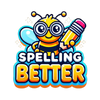
- Amal Augustine
- January 29, 2025
Commonly Confused Words Made Simple
- Today’s NYT Spelling Bee Pangram and Word List – June 11, 2025 - June 12, 2025
- Today’s NYT Spelling Bee Pangram & Word List – Full Breakdown - May 3, 2025
- NYT Spelling Bee Answers for Today’s Pangram Solutions - May 2, 2025

English is a fascinating language, but it can also be tricky—especially when it comes to commonly confused words. Whether you’re a student, a professional, or someone who simply wants to improve their writing, mastering commonly confused words is essential for clear and effective communication.
Have you ever hesitated before writing your or you’re? Or struggled to remember whether to use affect or effect? If so, you’re not alone! Even native speakers mix up these words. To help you avoid common mistakes, we’ve created easy-to-use flashcards that break down definitions and examples. Keep reading to sharpen your vocabulary skills and never second-guess your word choice again!
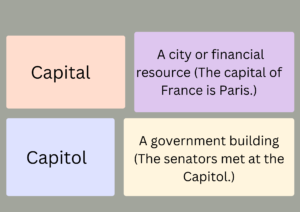
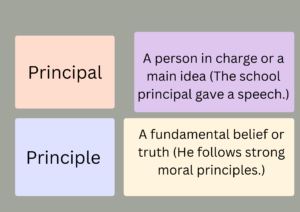
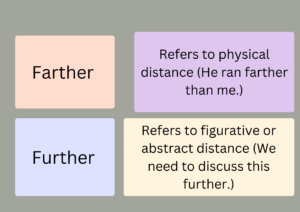
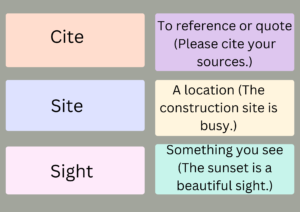
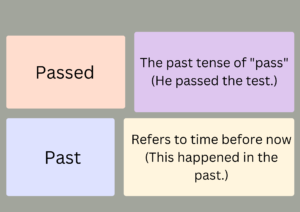
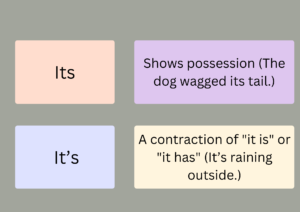
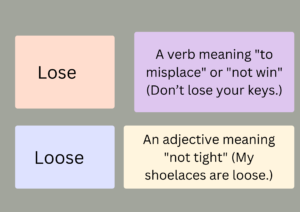
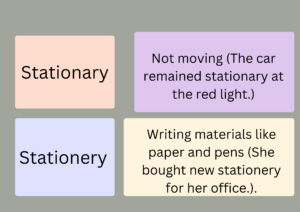
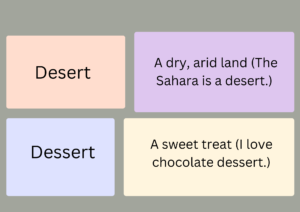
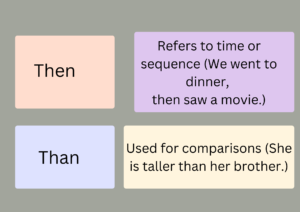
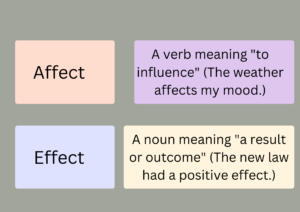
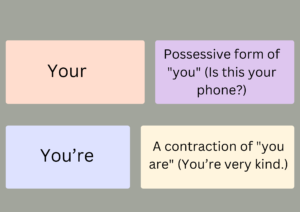
Common Mistakes to Avoid
Many people make errors with commonly confused words in both writing and speech. Here are some additional tips to help you avoid these mistakes:
- Your vs. You’re: If you can replace the word with “you are,” then “you’re” is correct. Example: Your book is on the table. / You’re going to love this movie.
- Affect vs. Effect: Remember, “Affect” is an Action, “Effect” is the End result. Example: The news affected her deeply. / The change in policy had a big effect on the economy.
- Lose vs. Loose: Think of “loose” as something that isn’t tight, while “lose” is what happens when you misplace something. Example: Don’t lose your keys. / My shoelaces are loose.
- Principal vs. Principle: The principal is your “pal” (referring to a school leader), while “principle” refers to a belief or rule. Example: The school principal gave a speech. / He has strong principles about honesty.
- Farther vs. Further: “Farther” is for physical distance, while “further” is for figurative or abstract distances. Example: The store is farther down the road. / Let’s discuss this further.
- Then vs. Than: “Then” is about time, while “than” is used for comparison. Example: First, we went to the park, then we had lunch. / She is taller than her brother.
- Stationary vs. Stationery: “Stationary” means not moving, while “stationery” refers to writing materials. Example: The car remained stationary. / She bought new stationery for school.
- Desert vs. Dessert: “Desert” is a dry, barren land, while “dessert” is a sweet treat. Example: The Sahara is a desert. / Chocolate cake is my favorite dessert.
Conclusion
Improving your grasp of commonly confused words doesn’t have to be difficult. With the right tools—like flashcards, practice exercises, and daily reading—you can confidently use the correct words in your writing and conversations.
By incorporating these flashcards into your study routine, you’ll gradually eliminate confusion and strengthen your vocabulary. Whether you’re preparing for exams, writing professional emails, or simply looking to enhance your language skills, mastering these words will make a noticeable difference.
So, why wait? Start practicing today and take your English skills to the next level!
Which word pair confuses you the most? Let us know in the comments!
Read More:
https://spellingbetter.com/communication-skill-improvement-tips/
Amal Augustine is the founder of Spelling Better, a cutting-edge educational app built to help students, spelling bee participants, and language learners improve their vocabulary, spelling accuracy, and word recall through interactive games, pangram challenges, and real-time quizzes.
He holds a Bachelor’s degree in Computer Science from St. Stephen’s College, University of Delhi. He is currently pursuing his Master’s in Information Security at National Sun Yat-sen University, Taiwan.
